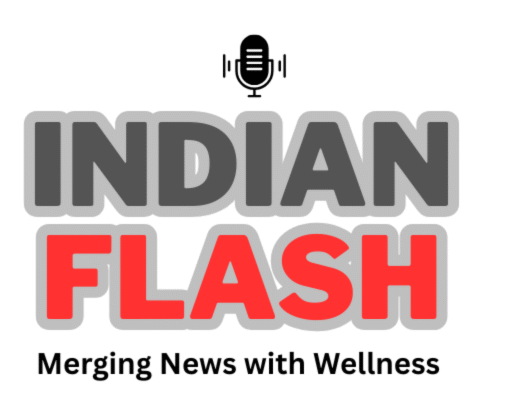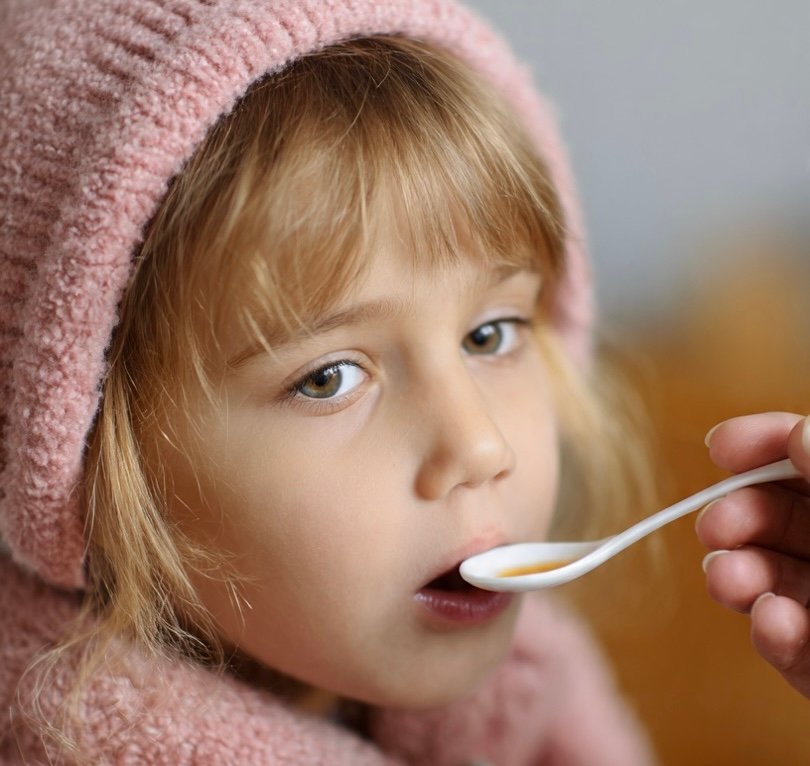A shocking development has emerged after the World Health Organization (WHO) issued a global alert about contaminated cough syrups made by an Indian company. These products, reportedly linked to child deaths, contained harmful chemicals such as diethylene glycol (DEG) and ethylene glycol (EG)—both toxic to humans even in small quantities.
According to WHO reports, the syrups were found to be substandard and unsafe for consumption, prompting urgent investigations by Indian health authorities. The Central Drugs Standard Control Organization (CDSCO) has already initiated strict inspections to ensure other products meet safety standards.
How the Contamination Was Discovered
Health agencies in affected countries noticed unusual kidney-related symptoms in children after consuming certain cough syrups. Laboratory tests later confirmed the presence of industrial-grade toxins instead of approved pharmaceutical ingredients.
Experts suggest that poor manufacturing practices or contaminated solvents may have caused the contamination. The Indian company involved is now under investigation, with production temporarily halted pending further quality checks.
What Chemicals Were Found and Why They Are Dangerous
Diethylene glycol (DEG) and ethylene glycol (EG) are commonly used in antifreeze and industrial solvents—not in medicines. When ingested, they can cause acute kidney failure, liver damage, and even death.
Doctors warn that these chemicals interfere with the body’s metabolism, leading to severe vomiting, confusion, and reduced urine output in affected children. Parents should immediately seek medical attention if such symptoms appear after medicine intake.
India’s Regulatory Response and Industry Action
Following the WHO alert, India’s Health Ministry directed nationwide inspections of cough syrup manufacturers. The focus is on enforcing Good Manufacturing Practices (GMP) and enhancing quality-control systems to prevent future incidents.
The Indian company at the center of the crisis has been ordered to recall the affected batches. Authorities are also retesting products from other pharmaceutical firms to ensure compliance with international safety norms.
How Parents Can Protect Their Children
Parents play a crucial role in medicine safety. Here are key steps to follow:
- Check labels carefully: Ensure the manufacturer’s name, batch number, and expiry date are visible.
- Avoid unverified brands: Purchase only from licensed pharmacies or hospitals.
- Verify medicine recalls: Follow updates from the Health Ministry or WHO website for lists of affected products.
- Seek immediate medical help: If a child shows unusual symptoms after taking cough syrup, visit a doctor without delay.
Global Impact of the Crisis
The contaminated cough syrup issue has raised global concern over pharmaceutical exports and drug safety regulations. Several countries have now strengthened import checks on medicines.
While the crisis involves a single Indian manufacturer, it highlights the need for stricter global oversight and better transparency in drug manufacturing. Experts believe this incident could reshape how developing nations regulate medicine exports.
Why Quality Control Matters in Pharmaceuticals
Medicine safety depends heavily on quality control during manufacturing. Each step—from raw material sourcing to bottling—must meet international health standards. Lapses at any stage can lead to contamination or incorrect formulation, endangering lives.
The Indian pharmaceutical industry, one of the world’s largest, has an overall strong reputation for affordable, high-quality medicines. However, isolated lapses by certain firms underscore the need for continuous vigilance and accountability.
Q&A: Understanding the Cough Syrup Contamination Crisis
Q: Which company is under investigation?
A: An Indian pharmaceutical company has been identified and is under investigation by regulatory authorities for producing substandard cough syrups.
Q: Are all Indian-made syrups unsafe?
A: Absolutely not. India’s pharmaceutical sector is vast, and most manufacturers follow strict quality norms and international standards.
Q: How can I check if my child’s syrup is safe?
A: Visit the WHO website or India’s Health Ministry portal for updated recall lists. You can also ask your pharmacist for verification.
Q: What symptoms should parents watch for?
A: Vomiting, drowsiness, confusion, or reduced urine output may indicate toxicity and require immediate medical attention.
FAQ: Safety and Awareness for Parents
Q1: Should I stop giving my child cough syrup?
No, but use only doctor-prescribed syrups from verified sources. Avoid over-the-counter products without proper labels or approvals.
Q2: What is the government doing now?
Authorities have intensified inspections, ordered recalls, and introduced stricter testing protocols for all cough syrup exporters.
Q3: How can I report a suspicious product?
You can contact the nearest drug inspector or report through the CDSCO’s online complaint system.
Q4: Is India still exporting safe medicines?
Yes. Most Indian companies maintain WHO-certified production standards. The issue concerns only a specific manufacturer under investigation.
Conclusion
The ongoing cough syrup crisis involving an Indian pharmaceutical company serves as a vital reminder of why medicine quality assurance matters. Parents must remain alert, check medicine labels, and stay informed through reliable health authorities. With tighter regulations, improved manufacturing oversight, and public awareness, India can strengthen its position as a global leader in safe, affordable pharmaceuticals.
Disclaimer:
The information provided in this article is for general informational purposes only and should not be considered medical advice. Always consult a qualified physician or healthcare professional before starting any new health practice, treatment, or following the tips mentioned here.




